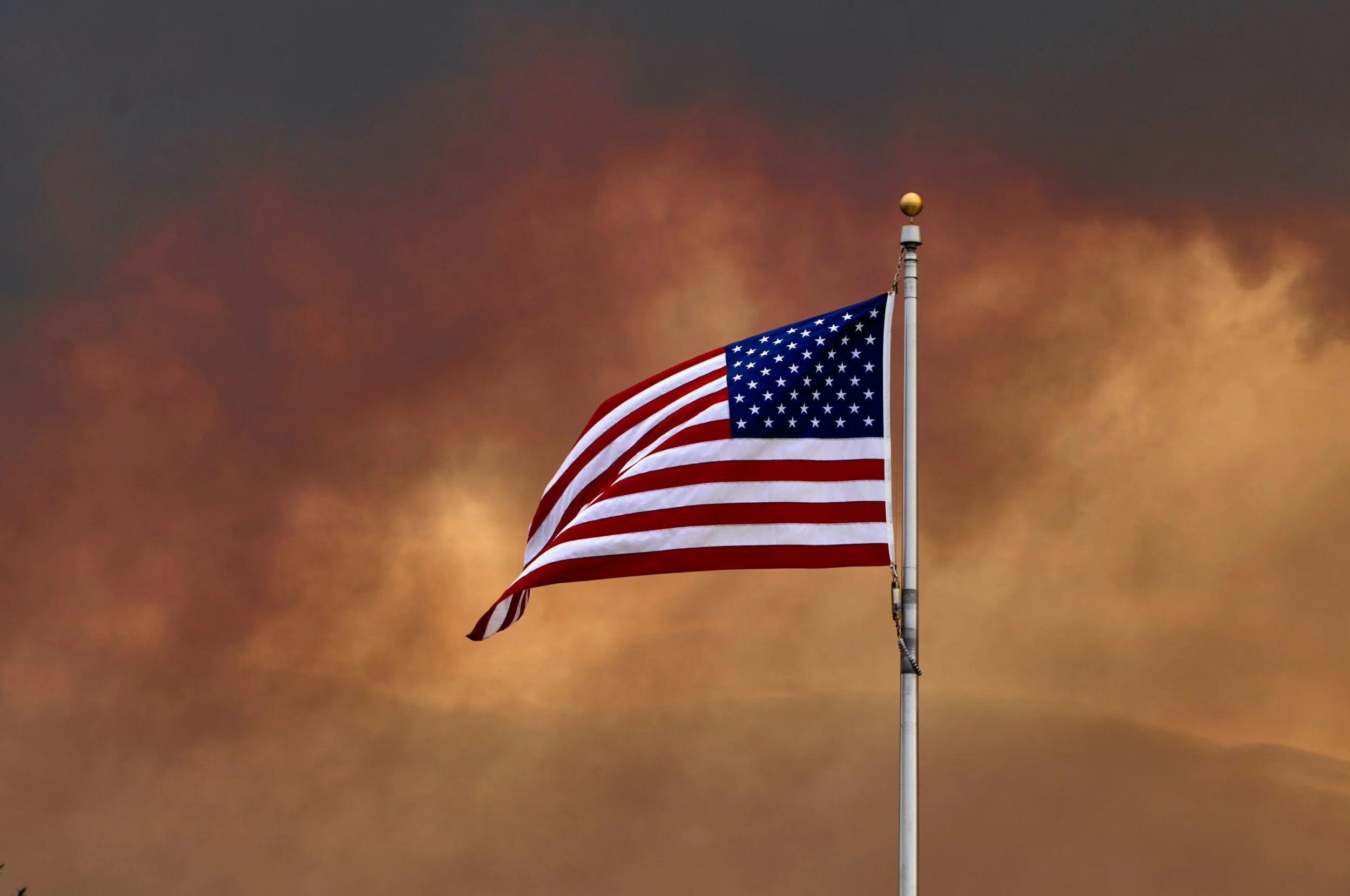The Power of Story in a Fractured America
Last week, I slipped into another heated Facebook debate — this one about Charlie Kirk and whether his rhetoric was racially inflammatory. It’s almost laughable that I had to defend my stance, but my own anger — toward a stranger — felt just as absurd. I had to stop, delete my last curt reply, and ask myself whether I was part of the problem.
At night, the glow of the screen pulls me in. Each post tightens my chest and anger, grief, and desperation compete for my attention. The world insists I respond, but every time I step into the frenzy, I splinter — anxiety rushes in, and the call to “speak out” collides with the quiet truth of my body: I cannot sustain the noise.
The Noise of Social Media
Social media has become both our arena and our court — where justice is demanded and outrage gathers in floods.
Some mornings, before my feet touch the floor, I already know what the world wants from me: condemn this, amplify that, share, repost, react. The rhythm is relentless.
I’ve tried to keep pace. I’ve raised my voice, added my outrage to the chorus, and felt the rush of temporary righteousness. But the fire fades quickly, leaving only fear and exhaustion.
My nervous system, overworked and on constant alert, cannot always tell whether the danger is real, media-driven, or just a remnant of old traumas.
The Shape of My Fear
It’s not just the fear of reacting the wrong way.
The fear here is bigger, older, lonelier.
I am afraid for my own emotional and mental health — that the constant barrage will erode whatever quiet resilience I’ve built. I worry the relentless drip of outrage and grief will hollow me out, leaving me brittle and reactive in the very places I’ve tried to root myself in love and patience.
I am afraid for this country. Sometimes the headlines read like a dismantling — a swift, unceremonious unmaking of the constitutional framework I once believed was strong. The ground feels less certain beneath me, and I wonder: has the America I believed in already disappeared? Or was it always more fragile than I dared to imagine?
I am afraid we are moving away from each other. The conversations and rituals that once tethered us — Sunday dinners, neighborly check-ins, the small, humane gestures — feel replaced by swinging doors of accusation and retreat.
The gulf between people stretches wider, and I am terrified it might grow so vast we cannot find our way back.
These fears are not abstract. They are lodged in my body: a tightening behind the ribs, a hollow that opens late at night. Naming them feels risky, and also necessary. Once named, they anchor me. They show me what I am protecting when I choose to speak — and what I must preserve when I choose not to.
The Power of Story
Storytelling slows everything down. It asks us to pause, to remember, to pay attention. It invites us to go beneath noise and urgency, to listen for what lasts.
When I tell a story — when I hear someone else’s story— I am not reacting. I am witnessing. And in that witnessing, I offer something that lingers: a reflection, a truth, a reminder of what it means to be human.
In a world drawn to spectacle, a story makes space. It does not shout. It listens.
It does not simplify. It honors complexity.
A story offered with care becomes a thread — something others can hold, something that says:
You are not alone.
Share Your Story
If something in this story stirred something in you — a memory, a moment, a truth of your own — I invite you to share it.
You can write to me directly, or if you're open to speaking your story aloud, I’m looking for a few volunteers for live conversations that may become part of a future project.
Click here to share your story or volunteer for an interview →
However you choose to show up, know this:
Your story matters. It always has.
And I would be honored to hear it.
